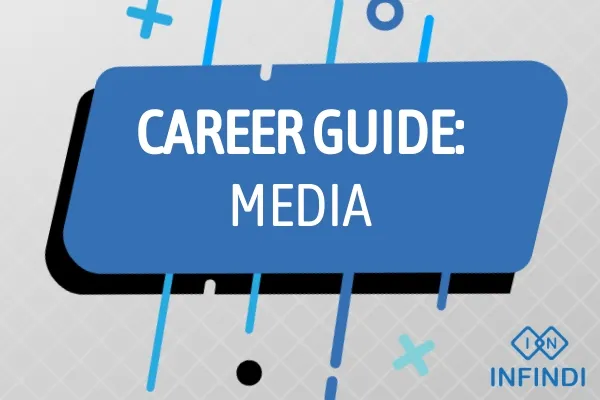For those with a passion for storytelling, creativity, and a desire to influence public discourse, careers in media offer a dynamic and influential path. Whether you’re an experienced media professional or someone exploring entry-level opportunities, understanding the intricacies of jobs in media is essential. This article aims to provide a comprehensive guide to media jobs, addressing duties, salary expectations, job descriptions, skills, qualifications, education and training requirements, experience prerequisites, frequently asked questions, and daily tasks.
1. Duties and Responsibilities
Media professionals play a crucial role in disseminating information, entertaining audiences, and shaping public opinion. Common duties and responsibilities include:
- Content Creation: Writing, producing, or creating media content.
- Research: Conducting research for news stories or program content.
- Editing: Editing written or visual content for publication.
- Interviews: Conducting interviews with subjects for stories or programs.
- Media Planning: Planning and coordinating media coverage or programming.
2. Salary Expectations
The salary for jobs in media varies based on factors such as experience, specialization, and the industry. Entry-level positions may start at around $40,000 annually, while experienced media professionals in managerial or specialized roles can earn well over $80,000. Industries like broadcasting, journalism, and digital media tend to offer competitive salaries.
3. Possible Job Descriptions
Media roles encompass various positions, each contributing to different aspects of content creation and dissemination:
- Journalist/Reporter: Investigating and reporting news stories.
- Editor: Reviewing and editing written or visual content.
- Producer: Overseeing the production of media content.
- Social Media Manager: Managing and curating content for social platforms.
- Media Director: Leading and strategizing media initiatives.
4. Skills and Qualifications
Successful media professionals possess a combination of storytelling skills, research abilities, and effective communication. Key skills include:
- Writing: Crafting compelling and accurate written content.
- Visual Storytelling: Creating engaging visual content.
- Research Skills: Gathering information for accurate reporting.
- Communication: Effectively conveying information through various media.
- Adaptability: Navigating changes and staying relevant in evolving media landscapes.
5. Education and Training Requirements
Formal education is often beneficial for media jobs, typically requiring at least a bachelor’s degree in journalism, communications, or a related field. Additional training in specific areas such as video production or digital media can enhance career prospects.
6. Experience Requirements
Entry into media jobs often involves gaining practical experience through internships, entry-level positions, or roles as media assistants. Advancement to managerial or specialized media roles may require several years of relevant experience.
7. Frequently Asked Questions
Q: How does technology impact media jobs?
A: Technology has transformed media with innovations such as digital platforms, online journalism, and multimedia storytelling, enhancing the reach and accessibility of media content.
Q: Can media professionals specialize in specific areas?
A: Yes, media professionals often specialize in areas such as investigative journalism, entertainment media, or digital content creation based on their interests and expertise.
Q: What role does objectivity play in media careers?
A: Objectivity is crucial in media careers, especially in journalism, to ensure fair and unbiased reporting, building trust with audiences.
8. Daily Tasks and To-Do Lists
The daily tasks of a media professional can vary based on their specific role and industry focus, but a typical to-do list may include:
- Researching and developing stories or content.
- Conducting interviews and gathering information.
- Writing or producing media content for publication.
- Editing and reviewing content for accuracy and quality.
- Staying updated on industry trends and audience preferences.
In conclusion, a career in media offers a dynamic and impactful journey for individuals dedicated to storytelling and influencing perspectives. Whether you’re entering the field of media or aiming for advancement, understanding the duties, qualifications, and daily tasks associated with media jobs will set you on the path to success. Explore opportunities, craft compelling narratives, and embark on a fulfilling career in the ever-evolving realm of media.

